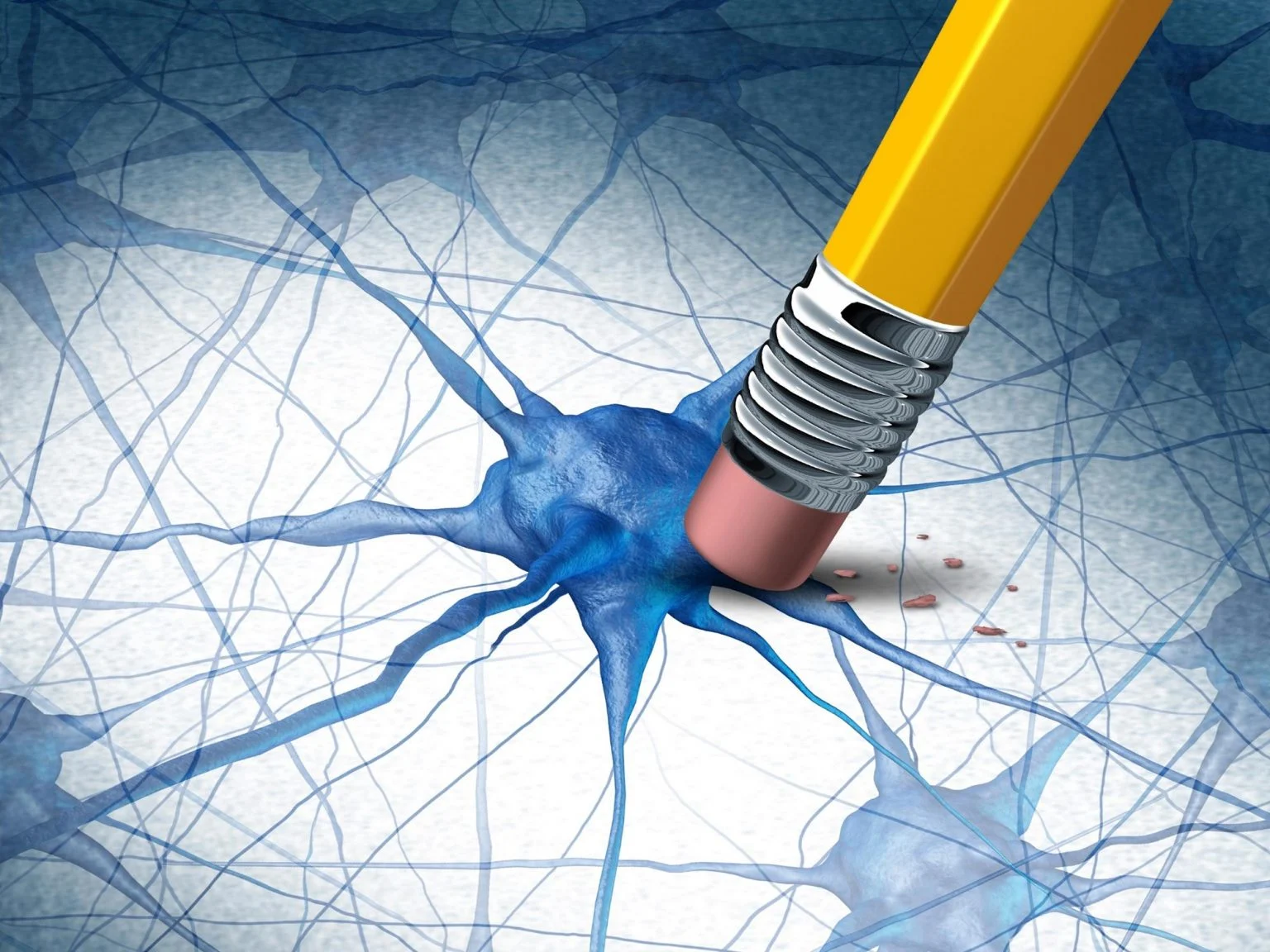Scientists uncover 'root cause' of Alzheimer's disease in breakthrough study
Using a new animal model of Alzheimer’s disease, the study highlights a potential breakthrough in treatment strategies. Unlike current therapies that primarily target a single toxic protein linked to the disease, this research explores a more comprehensive approach.
A research team from the Institut de Neurociències at the Universitat Autònoma de Barcelona (INc-UAB) has identified how the two primary hallmarks of Alzheimer’s disease—tau protein and beta-amyloid—affect brain circuits in distinct yet complementary ways, particularly those involved in memory and emotions. The study, conducted in collaboration with the Centro de Investigación Biomédica en Red Enfermedades Neurodegenerativas (CIBERNED) and the Universidad Pablo de Olavide (UPO), provides new insights into the mechanisms underlying the disease.
Published in Molecular Psychiatry, the research shows that tau accumulation in the hippocampus primarily contributes to memory deficits, while beta-amyloid buildup in the amygdala leads to emotional disturbances such as anxiety and fear—both of which are early symptoms of Alzheimer’s. Furthermore, the presence of both pathologies together exacerbates brain inflammation and dysfunction, amplifying their overall impact on cognitive and emotional health.
For decades, research into Alzheimer’s disease has been shaped by two theories: one suggesting that the disease originates from tau buildup inside neurons, and another pointing to beta-amyloid accumulation as the primary trigger. These perspectives have largely dictated current therapeutic approaches, with treatments aiming to prevent the buildup of either tau or beta-amyloid in hopes of slowing disease progression.
However, the research team led by researchers Carles Saura and Arnaldo Parra-Damas, from the UAB Department of Biochemistry and Molecular Biology and the INc-UAB, argues that a dual-targeted therapeutic strategy may be necessary to effectively combat this disease.
A New Transgenic Mouse Model
This breakthrough was made possible by the development of a novel transgenic mouse model that replicates both tau and beta-amyloid pathologies. “Although both proteins accumulate in the brains of Alzheimer’s patients, most animal models used for studying the disease typically focus on only one of these factors,” explains researcher Maria Dolores Capilla, lead author of the study.
“In our research, we generated a transgenic mouse model exhibiting both tau and beta-amyloid accumulation, allowing us to analyze their individual and combined effects,” adds the INc-UAB researcher.
These findings could reshape current treatment strategies, which often target only one of these toxic proteins.
“Existing therapies have not achieved clear clinical benefits. Our study suggests that a therapeutic approach addressing multiple disease mechanisms—such as phosphorylated tau and beta-amyloid—could be more effective,” concludes Carles Saura.
While further research is needed to confirm its applicability to humans, this study represents a significant step toward new investigative pathways for Alzheimer’s treatment, the research team concludes.
Reference: “Synaptic vulnerability to amyloid-β and tau pathologies differentially disrupts emotional and memory neural circuits” by Maria Dolores Capilla-López, Angel Deprada, Yuniesky Andrade-Talavera, Irene Martínez-Gallego, Heriberto Coatl-Cuaya, Paula Sotillo, José Rodríguez-Alvarez, Antonio Rodríguez-Moreno, Arnaldo Parra-Damas and Carlos A. Saura, 30 January 2025, Molecular Psychiatry.
Alzheimer's disease, dementia, neurodegeneration, memory loss, cognitive decline, brain health, amyloid plaques, tau tangles, neurological disorder, mild cognitive impairment, aging brain, neuroinflammation, early diagnosis, risk factors, genetic predisposition, caregiving, behavioral changes, mental decline, treatment research, Alzheimer's prevention,
#AlzheimersDisease #DementiaAwareness #Neurodegeneration #MemoryLoss #CognitiveDecline #BrainHealth #AmyloidPlaques #TauTangles #NeurologicalDisorder #MildCognitiveImpairment #AgingBrain #Neuroinflammation #EarlyDiagnosis #RiskFactors #GeneticPredisposition #AlzheimersCare #BehavioralChanges #MentalDecline #TreatmentResearch #AlzheimersPrevention
International Conference on Genetics and Genomics of Diseases
Award Nomination: genetics-conferences.
Award registration: genetics-conferences.
For Enquiries: genetics@healthcarek.com
Get Connected Here
------------------------------
------------------------------

Comments
Post a Comment